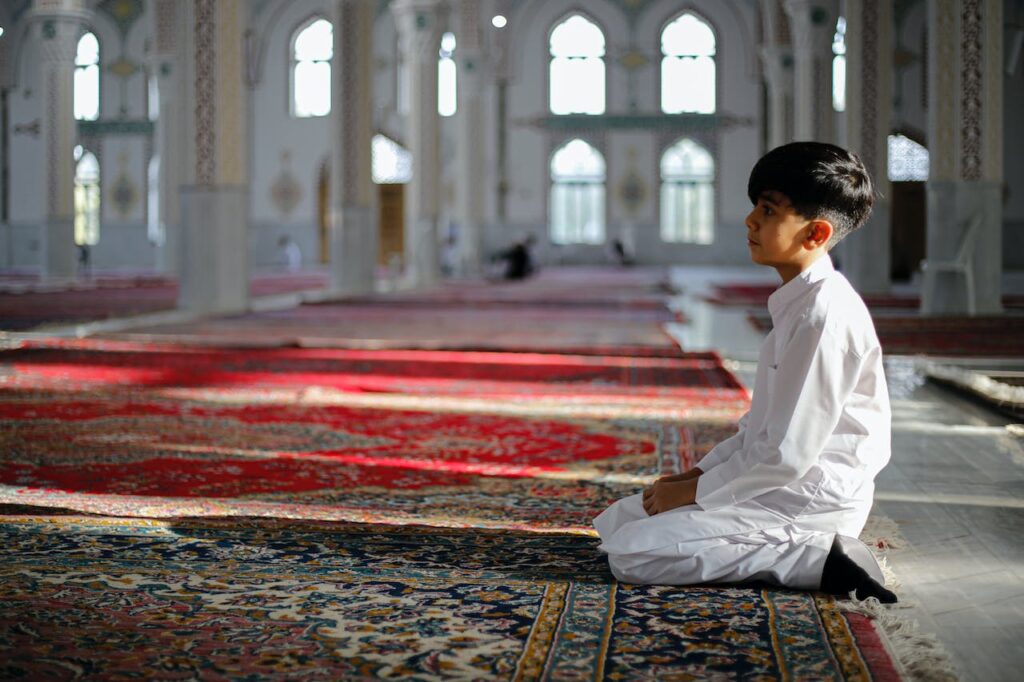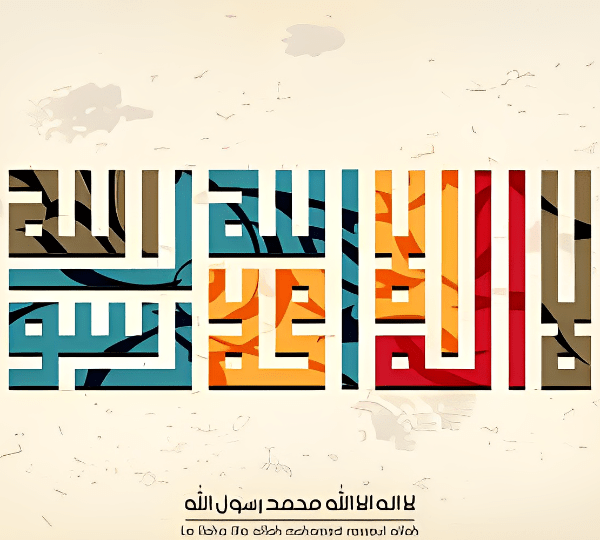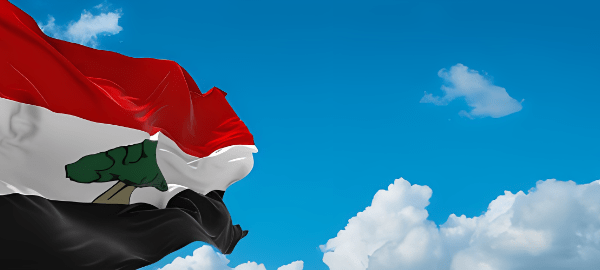Oromoo fi islaamummaa SOOMA RAMADAN
Table of Contents
Oromoo fi islaamummaa SOOMA
Oromo culture and Islamic faith emphasize the importance of fasting, starting from a certain age, and encourage adherents to observe it with diligence and devotion. However, fasting is not mandatory for those who are physically unable or face health risks. Nonetheless, those who are physically able to fast should observe it diligently, especially during the holy month of Ramadan. Here are some key aspects of fasting observed during Ramadan:
1) Fasting starts at the age of maturity: This means that once a Muslim reaches adulthood and is physically able, they are required to fast during Ramadan.
2) Preparing for Ramadan begins in the month of Sha’ban: It is recommended to start preparing for Ramadan during the month of Sha’ban by increasing acts of worship and observing the pre-dawn prayer (Fajr) regularly. However, fasting before the actual start of Ramadan is not obligatory.
Oromoo fi islaamummaa SOOMA Fasting Month Ramadan practice
1) Fasting missed days: If someone unintentionally breaks their fast during Ramadan, they are required to make up for those missed days later. Additionally, they should offer expiation by either fasting for a set number of days, feeding a certain number of poor people, or both, depending on the circumstance.
2) Intentional breaking of the fast: Deliberately breaking the fast, whether by eating, drinking, or engaging in sexual activity, is forbidden. Those who intentionally break their fast without a valid reason must make up for it and seek forgiveness.
3) Avoiding lying and cursing: It is important to refrain from lying or using foul language while fasting. Engaging in such behaviors can invalidate the fast.
4) Avoiding harming others: It is essential to refrain from causing harm to others, whether physically or verbally, while fasting. Acts of aggression, violence, or harm towards others are not compatible with the spirit of fasting.
5) Maintaining good behavior: Fasting is not just about abstaining from food and drink; it also involves cultivating good manners and behavior. It is important to be kind, patient, and compassionate towards others while fasting.

Oromoo fi islaamummaa SOOMA: If someone mistakenly eats or drinks thinking it is dawn, or if they forget they are fasting and consume food or drink, or if they are coerced into breaking their fast, or if they are forced to eat or drink due to extreme hunger or thirst, their fast remains valid. However, they should immediately stop eating or drinking once they realize their mistake or remember they are fasting. If someone deliberately breaks their fast, or if they intentionally vomit, or if they mistakenly believe that they need to break their fast due to swallowing saliva or unintentionally inhaling smoke, then their fast is invalidated, and they must make up for the missed day(s) later.
Ruling on Invalidating the Fast: Anything that nullifies the fast, such as eating, drinking, or intentional vomiting, invalidates the fast and is prohibited. However, if someone consumes food or drink or unintentionally breaks their fast due to forgetting or being coerced, their fast remains valid, and they should refrain from further consumption once they realize their mistake. If someone is forced to break their fast due to fear of harm or loss of life, then their fast remains valid, and they are not considered sinful. Similarly, if someone mistakenly eats or drinks, or if they are forced to eat or drink due to extreme hunger or thirst, they are not considered sinful, and their fast remains valid.
Oromoo fi islaamummaa SOOMA: If someone unintentionally breaks their fast, they are required to make up for the missed day(s) later. However, if someone deliberately eats or drinks, or if they mistakenly believe that their fast has been invalidated and continue eating or drinking, then they must stop immediately once they realize their mistake and seek forgiveness from Allah.
If someone breaks their fast due to forgetfulness or coercion, and they realize their error while they are still eating or drinking, they should immediately stop and refrain from further consumption. However, if they have already consumed a significant amount, they should continue eating or drinking until they are satisfied, then make up for the missed day(s) later by feeding a certain number of poor people.
Breaking the fast due to forgetfulness or coercion does not invalidate the fast, as long as the person stops as soon as they remember or realize their error. However, if someone intentionally breaks their fast without a valid reason during Ramadan, they must make up for the missed day(s). Similarly, if someone mistakenly believes that their fast has been invalidated and breaks it, they must make up for the missed day(s) later, even if the reason for breaking the fast turns out to be unfounded.
Oromoo fi islaamummaa SOOMA: If someone intentionally breaks their fast without a valid reason during Ramadan, they must make up for the missed day(s) later. However, if someone mistakenly breaks their fast, they are not considered sinful, but they should seek forgiveness from Allah and refrain from further consumption. Fasting during Ramadan is obligatory, and breaking it without a valid reason is a sin. Additionally, fasting as a vow (nazri) is also considered a religious obligation and must be observed accordingly.

Fasting as an act of worship is a voluntary dedication to Allah. If someone intentionally breaks their fast for a reason other than necessity, they are accountable for their actions. However, if someone mistakenly breaks their fast, such as by forgetting they were fasting or due to coercion, or if they break it due to a valid excuse, such as illness or travel, then they are not considered sinful. Additionally, if someone breaks their fast out of forgetfulness and then remembers while they are eating or drinking, they should stop immediately.
Fasting during Ramadan is obligatory, and intentionally breaking the fast during this month without a valid reason is a grave matter. However, if someone mistakenly breaks their fast during Ramadan, they should seek forgiveness from Allah and make up for the missed day(s) later.
Voluntary fasting (known as taxawwu’aa) can be observed on various days throughout the year. Some recommended days for fasting include Mondays and Thursdays, the 13th, 14th, and 15th of each lunar month (known as the “white days”), the 9th and 10th of Muharram (the month of Ashura), the 9th of Dhul-Hijjah (the day of Arafah), and during the month of Sha’ban before Ramadan. Fasting on the day of Ashura, the day of Arafah, and six days in the month of Shawwal after Ramadan are also highly recommended.
Additionally, fasting is recommended on the 27th of Rajab (known as the night of Isra and Mi’raj), the day of Jumu’ah (Friday), and on specific days like the Eid al-Fitr and Eid al-Adha, although fasting on these days alone without a valid reason is not permissible.
Oromoo fi islaamummaa SOOMA Observance
Fasting in Islam is a sacred practice observed by abstaining from food, drink, and other physical needs from dawn (Fajr) until sunset (Maghrib). It is important to wake up before dawn to eat a pre-dawn meal known as Suhoor to help sustain energy throughout the day. Fasting during Ramadan is obligatory for adult Muslims, with exceptions for those who are ill, traveling, pregnant, nursing, menstruating, or elderly. However, those who are temporarily exempt from fasting are required to make up for the missed days later.
The Prophet Muhammad emphasized the importance of Suhoor, stating, “Partake in Suhoor, for indeed there is blessing in it.” Additionally, he cautioned against neglecting the pre-dawn meal, comparing those who observe it favorably to the practices of the Jews and Christians.
It is also recommended to supplicate during the pre-dawn meal and while breaking the fast. The Prophet Muhammad advised, “Verily, the fasting person has a supplication that will not be rejected,” emphasizing the spiritual significance of fasting and the opportunity for prayer and reflection it provides.
Invocations during moments of reflection

Du’aa’iwwan yeroo fixrii godhaman keessaa The supplication commonly recited at the beginning of the pre-dawn meal during fasting goes: “Dheebuunis deeme, hiddi dhiigaa jiidhe, ajriinis mirkanaa’e, yoo Rabbi jedhe” (Abu Dawud) is what it says. It is a recommended act to start with the pre-dawn meal. Not reciting this supplication does not invalidate the fast.
During fasting, avoiding any act that may invalidate the fast is crucial. If someone eats or drinks forgetfully, they should complete their fast, as forgetfulness is an excuse. However, if someone deliberately breaks the fast, they have to make up for it with expiation, along with seeking repentance and asking for forgiveness.
The Prophet (peace be upon him) emphasized the importance of fasting during Ramadan: “Whoever does not give up false speech and acting upon it, Allah has no need of his giving up his food and drink.” (Ahmad) Therefore, fasting is not merely refraining from food and drink; it encompasses controlling one’s desires, behaviors, and speech.
Fasting is not only abstaining from food and drink but also restraining oneself from committing sinful acts. If someone is fasting and they indulge in sinful behavior, it diminishes the value of their fast. Therefore, it’s essential to maintain a righteous and ethical conduct while fasting.
Additionally, engaging in extra acts of worship, such as offering voluntary prayers (Tarawih), reading the Quran, making supplications, and seeking forgiveness during Ramadan, are highly recommended. These acts can elevate one’s spirituality and bring them closer to Allah.
Moreover, the last ten nights of Ramadan hold special significance, particularly the Night of Decree (Laylat al-Qadr), which is better than a thousand months. Therefore, it’s advisable to increase acts of worship and devotion during this period.
Finally, observing the practice of Itikaf, where a person secludes themselves in the mosque for spiritual retreat, is highly recommended, especially during the last ten days of Ramadan. Itikaf allows individuals to focus on their worship, reflection, and spiritual growth away from worldly distractions.




